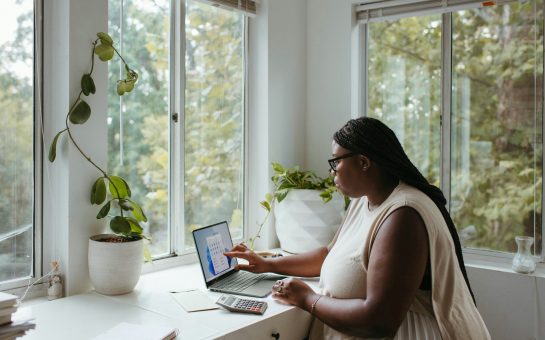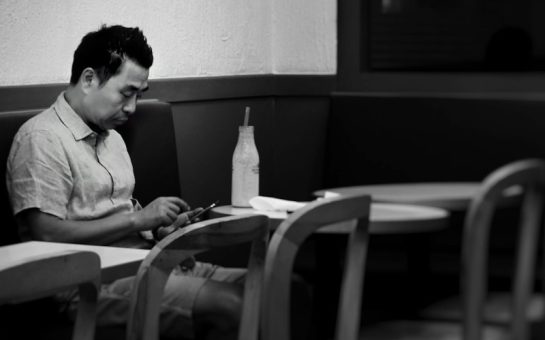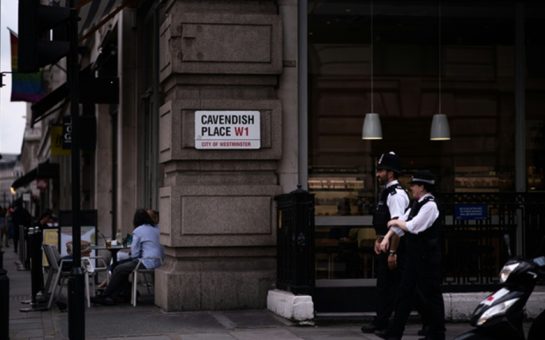The pathway into live stand-up comedy is rigid and gruelling. You start by performing at open mic nights, perfecting a five-minute set at every dingy pub and basement that will have you.
After years of developing your material and ‘comedy voice’, you might enter competitions and perform the Edinburgh Fringe in hope of agent recognition.
Only after hundreds, potentially thousands, of gigs would the club circuit open its doors and TV work be possible.
But when Covid struck, pubs shut, comedy clubs closed and the fringe was cancelled.
Live comedy was put on ice.
Comedians, looking to find new ways to tell jokes, turned to their phones and soon a viral video arms race began.
Of course, the viral comic pre-existed the pandemic. Mo Gilligan used Instagram to propel himself to a Bafta and Netflix special. A decade earlier, Limmy became one of Britain’s most respected comedic voices by blogging comedy skits and releasing daily podcasts.
But now fresh-faced open-miccers have realised they can garner more recognition online in months than they would receive in five years on the circuit.
Has the practicality and prominence of IGTV, Twitter and Tiktok changed comedy’s pathway for good?
Will budding comedians see live comedy as a worthwhile endeavour when the rewards of making online content are so much more tangible?
Will there even be any venues to return to?
Read the full story here.
Feature image credit: Alex Carteledge




